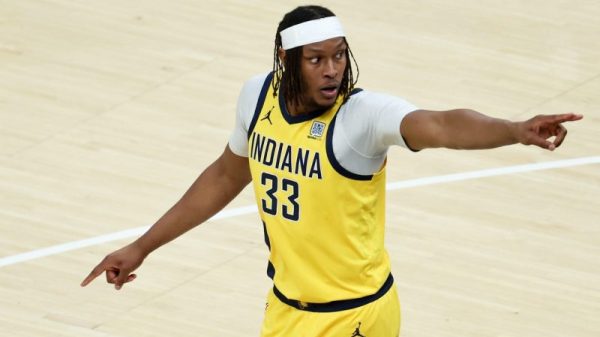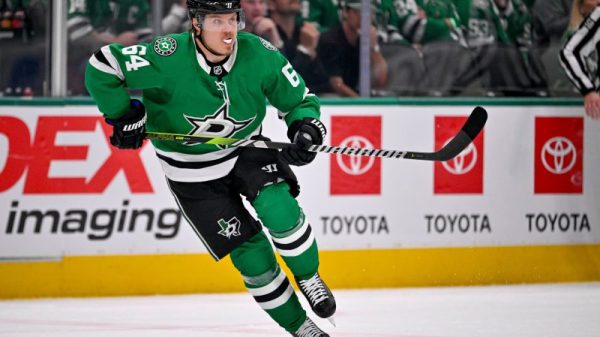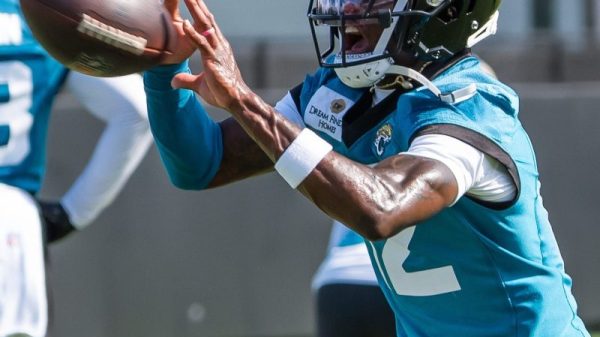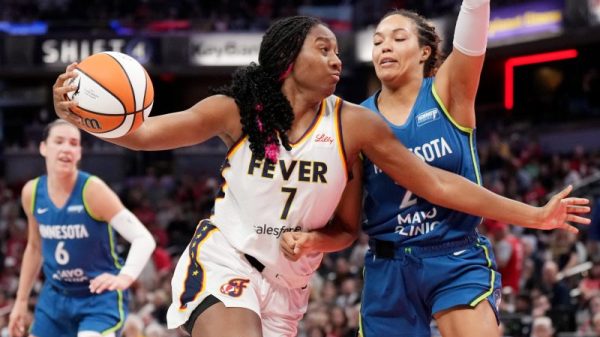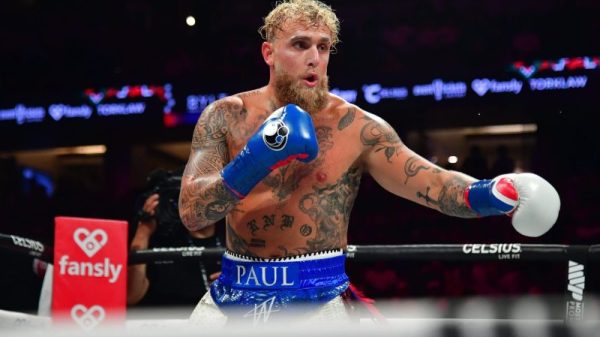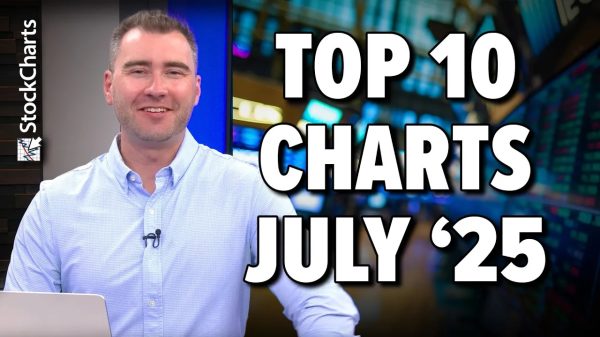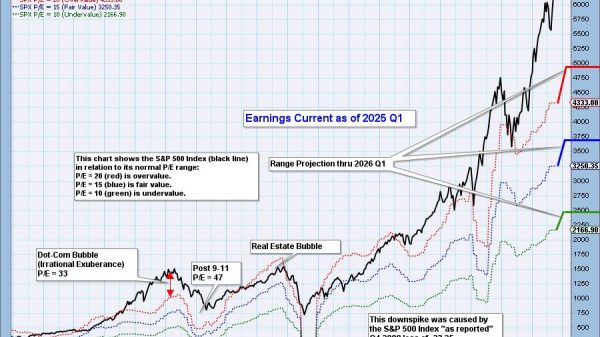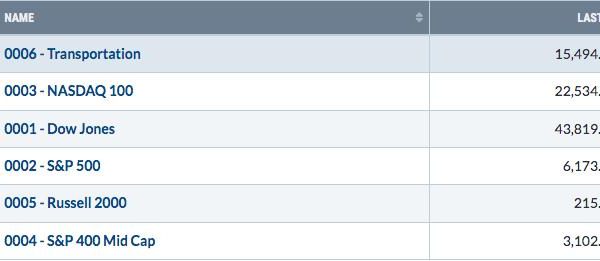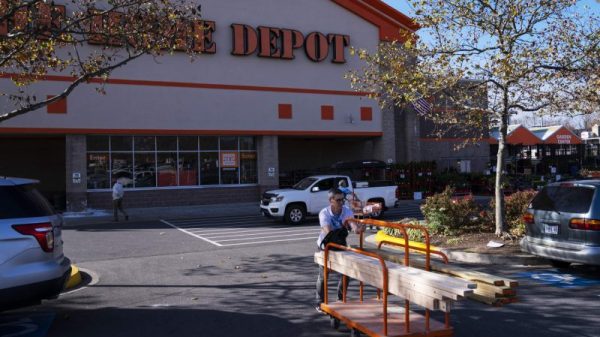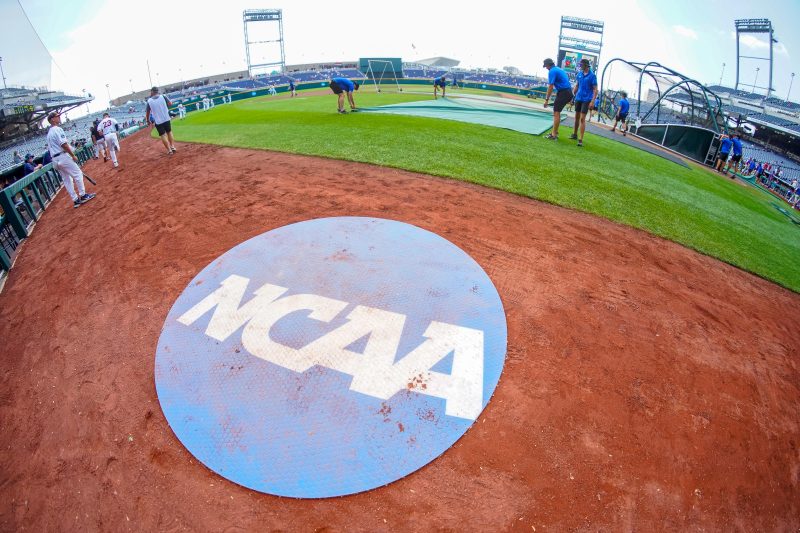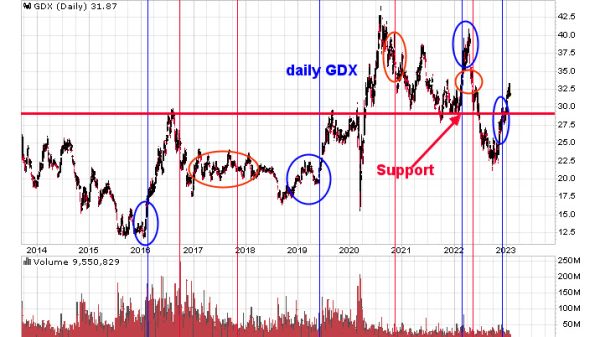A federal judge in California said Thursday she will not grant preliminary approval to the current version of a proposed multi-billion-dollar settlement of three athlete compensation antitrust cases against the NCAA and the Power Five conferences.
Following a 2½-hour remote hearing, U.S. District Judge Claudia Wilken and lawyers for the sides agreed that the parties would get back to her in three weeks with what she termed a ‘prognosis’ for the proposed deal.
While Wilken said ‘it seems likely enough there will be a settlement,’ she also raised the prospect that the lawyers may come back to her and ‘say … give us a trial date.’
The NCAA’s lead attorney during Thursday’s hearing, Rakesh Kilaru, said during the session that given Wilken’s concerns, he and the plaintiffs’ lawyers ‘have to talk about whether we have a deal to talk about.’
In addition to providing a nearly $2.8 billion damages pool for current and former athletes over a span of 10 years, the proposed deal would allow Division I schools to start paying athletes directly for use of their name, image and likeness (NIL), subject to a per-school cap that would increase over time.
But the deal also would attempt to bring NIL payments under some enforceable rules, and Wilken said during the hearing she has issues with the proposed regulations, calling them ‘quite strict’ and questioning whether they would end up in athletes losing access to payments they have been receiving from collectives.
‘Taking things away from people doesn’t work well,’ she remarked.
Wilken also questioned the legality of a deal that, because of its length, stands to impact the rights of future athletes who are far from college age – ‘the 6-year-old playing kickball on the asphalt,” as she put it. She wondered who would represent future classes of incoming classes of athletes who would be largely bound by the proposed settlement, and whether it was appropriate for the current plaintiffs’ attorneys to do that without them facing significant a conflict of interest due to their connection to this proposed deal.
The NCAA said in a statement Thursday night: “The settlement agreement the NCAA and autonomy conferences submitted to the court was the product of hard-fought negotiations that would bring stability and sustainability to college sports … That continues to be our goal and the NCAA and autonomy conferences will carefully consider the court’s questions, which are not uncommon in the context of class action settlements.”
However, Thursday’s developments unsettled some in the major-college sports community – especially Wilken’s concern with the proposed regulatory process, which the NCAA considers to be critical to a settlement. Kilaru, the NCAA’s attorney, stressed that association’s position is that pay for play is prohibited under NCAA rules – and that prohibition has been upheld by various courts.
Under the settlement, athletes would have to report NIL payments of more than $600 to a clearinghouse that would be established. And their deals would be subject to review, with the goal being the prevention of pay for play and deals that pay amounts above market value.
Athletes who have questions about the permissibility of their agreements would be able to seek advisory opinion from an enforcement group. If the enforcement group sought to sanction an athlete because of a deal, the athlete would have the ability to bring the matter to an arbitrator.
Wilken’s concerns about this ‘is a potential killer,’ said a source familiar with the process who spoke on the condition of anonymity because of the sensitivity of the case. ‘I haven’t seen all of it yet, but it doesn’t sound good, that’s for sure.’
Wilken raised questions with how a booster providing pay for play would be defined under the proposed setup.
‘Today’s third-party donor’ to a collective ‘is tomorrow’s booster. Now they can’t do it anymore …
‘What if Mr. Fan gives them a million dollars or gives them all a truck. Is that a booster? I don’t know. Is that a collective? I don’t know. Is having a winning team a valid business purpose?’
On several occasions she jousted directly with Kilaru, the NCAA attorney.
Discussing the prospect of schools directly paying athletes amounts, at their discretion within the cap, for their NIL, Wilken asked Kilaru: ‘That wouldn’t be pay for play?’
Kilaru: ‘No, Your Honor.’
Wilken ultimately said to all of the attorneys: ‘I turn this back on you all to’ find something ‘workable, consistent … enforceable and fair.’
Steve Berman, a lead attorney for the plaintiffs told USA TODAY Sports on Thursday night that Wilken having concerns is ‘not totally unexpected. … We’ll try to negotiate something. I don’t think it’s all that hard. … And it’s not in (the NCAA’s) interest to stick their heads in the sand and face the consequences of continued litigation.’






